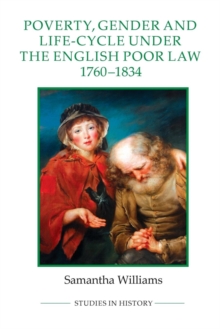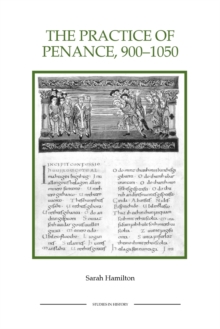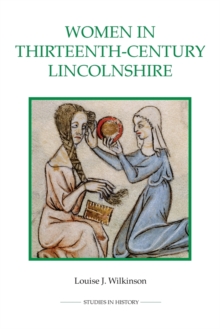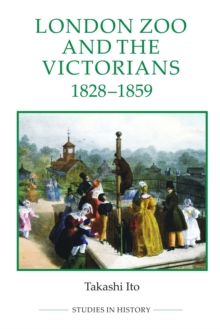
John Wyclif on War and Peace PDF
by Rory Cox
Part of the Royal Historical Society Studies in History New Series series
Description
New investigation of John Wyclif's writings on the theory of the "just war" shows him to be the first genuine pacifist of medieval Europe.
John Wyclif (c. 1330-84) was the foremost English intellectual of the late fourteenth century and is remembered as both an ecclesiastical reformer and a heresiarch. But, against the backdrop of the Hundred Years War, Wyclif also tackled the numerous ethical, legal and practical problems arising from war and violence.
Since the fifth-century works of St Augustine of Hippo, Christian justifications of war had revolved around three key criteria: just cause, proper authority and correct intention. Utilising Wyclif's extensive Latin corpus, the author traces how and why Wyclif dismantled these three pillars of medieval just war doctrine, exploring his critique within the context oflate medieval political thought and theology. Wyclif is revealed to be a thinker deeply concerned with the Christian virtues of sacrifice, suffering and charity, which ultimately led him to repudiate the concept of justified warfare in both theory and practice. The author thus changes the way we understand Wyclif, demonstrating that he created a coherent doctine of pacifism and non-resistance which was at that time unparallelled.
Dr Rory Cox isa Lecturer in Late Mediaeval History at the University of St Andrews.
Information
-
Download - Immediately Available
- Format:PDF
- Pages:214 pages
- Publisher:Boydell & Brewer Ltd
- Publication Date:16/10/2014
- Category:
- ISBN:9781782043393
Other Formats
- Hardback from £70.00
Information
-
Download - Immediately Available
- Format:PDF
- Pages:214 pages
- Publisher:Boydell & Brewer Ltd
- Publication Date:16/10/2014
- Category:
- ISBN:9781782043393










